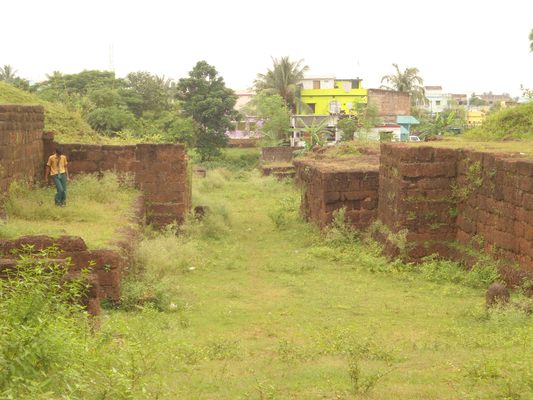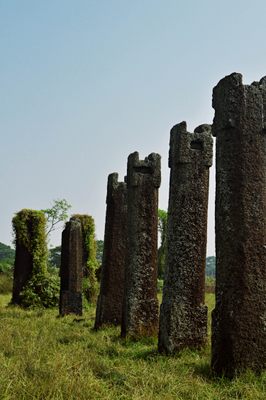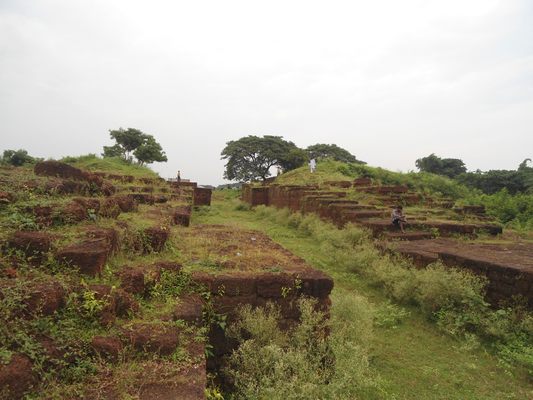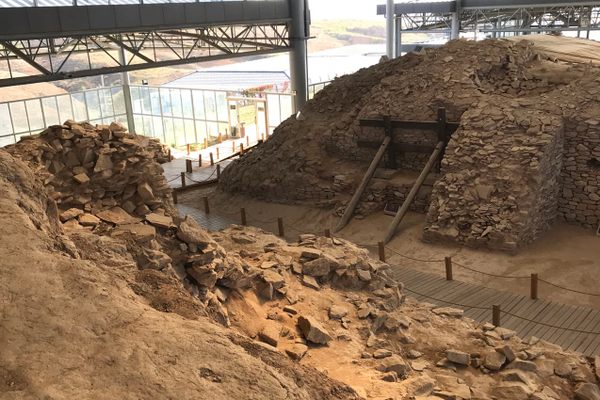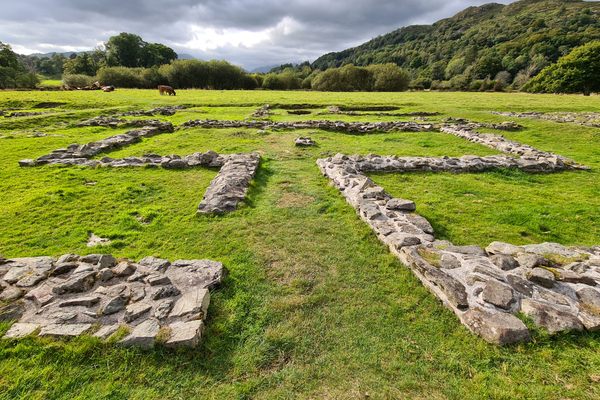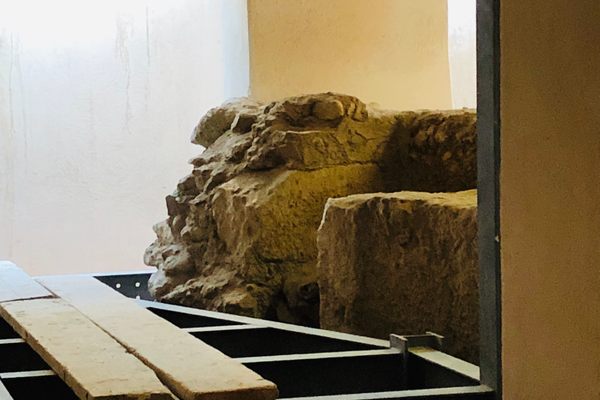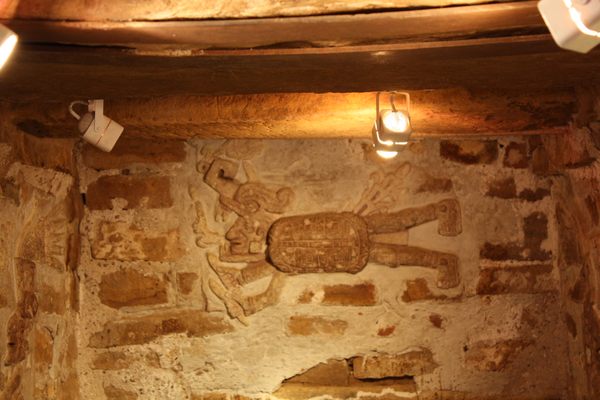About
Dating all the way back to 7th century B.C., even prior to the Mauryan Empire, the archaeological remains of Sisupalgarh (also known as Sisupalagada) is considered one of the largest and best preserved ancient fortifications in India. Located near the city of Bhubaneswar, the remains of the fortification were discovered in 1948 by the Indian archaeologist B.B. Lal. With evidence collected from excavations, Lal estimated that the fort city flourished between third century B.C. and the fourth century A.D.
Sisupalgarh was designed and constructed in a complete square shape that was surrounded by defensive walls. Each side spreads for well over half a mile, and the interior is full of stone ruins and sculptures. Although not confirmed, it is speculated that Sisupalgarh's population might have been 20,000 to 25,000. For comparison, early Athens had only about 10,000 residents.
The walls of the fortification are a little over nine meters (30 feet) tall. There were eight gateways into the city, two in each of the four sides of the wall. The gates were elaborate structures made of brick and stone. There is evidence of stone-lined reservoirs that were likely used for harvesting rain water.
The cause of the city's apparent decline is unclear. Despite of its well-preserved condition, the site is poorly protected and is facing a conservation crisis. Over the years, illegal housing has been built on some parts of the site, and encroachers and vandals are known to disturb the ancient ruins. Much of the artifacts found during the first excavation has been lost, too. It's necessary that the local officials take action this issue before this important Indian heritage is heavily damaged.
Related Tags
Know Before You Go
The nearest train station is Bhubaneswar Junction, approximately five miles away.
Delhi and Rajasthan: Colors of India
Discover Colorful Rajasthan: From Delhi to Jaipur and Beyond.
Book NowCommunity Contributors
Added By
Published
June 10, 2020


